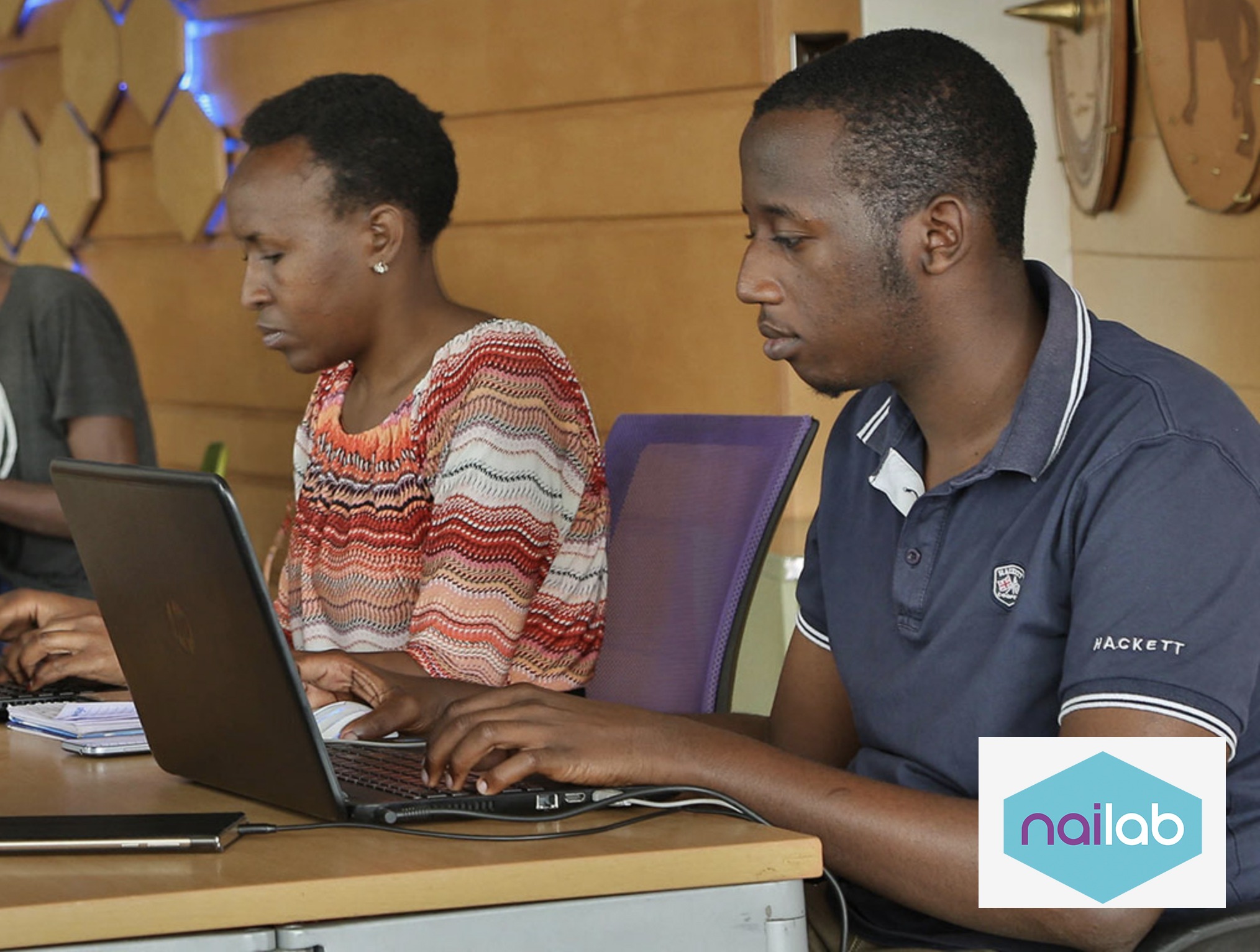Photo Credit freepik.com
OyaOya has announced the pilot go live of its commodity trading marketplace on www.oyaoya.com to connect the commodity ecosystem across Nigeria and Africa. The OyaOya platform rides on cutting-edge technology to connect four essential components together in a seamless and efficient flow – a marketplace for vendors to present their products, customers to select a product, commodity transporters and an escrow payment system for secure transactions.
Chief Executive Officer, OyaOya, Khalil Halilu announced the pilot run of the marketplace on www.oyaoya.com with 3,000+ registered vendors already saying that it opens Africa’s first Commodity on Demand hub leveraging technology to raise the bar for the commodity value chain across the continent. Nigeria and other African economies are projected to increase shares of the global sales due to growing participation in e-commerce and accelerated growth forecast expected out of developing economies, the OyaOya CEO said.
“OyaOya aims to have 10% of farmers and 40% of petroleum product traders on its platform by the end of 2018”, Halilu said while explaining that the platform will also provide a one-stop-shop for commodity market information. “We are also mindful that today’s urban dweller is a very busy person. He or she does not have the time to go out for cooking gas or shop around for groceries. Similarly, businesses want access to the best items at the best prices, delivered to them with ease. This is where OyaOya comes in. The platform provides the customer access to vendors, giving him or her choices based on brand, price, time it takes to deliver and even a vendors rating by other customers”, Halilu said.
Apart from providing a one-stop-shop for commodity market information, OyaOya will also fill the gap for driving efficiency and effective distribution across Nigeria and other African economies, also the escrow payment system will compliment government’s effort going cashless he added.
“OyaOya is an enterprise based on our user friendly online platform designed to connect customers to vendors within close proximity for easy and secure on demand transactions. We believe that buying and selling does not have to be tedious, or time-consuming. We do all the heavy-lifting so you do not have to. We bring a highly innovative and confident team together to make sure we deliver value and quality, when and where you need it – no hassle, no hustle”, Halilu said.
According to the OyaOya CEO, “it is settled long ago that Africa is the commodity-capital of the world, yet the continent has not been able to effectively distribute its resources amongst its people. Farmers face several challenges including trying to get their products to market, inadequate information on how, where and at what price to sell produce. This is compounded by customers not being able to locate them, a mismatch between transporters and owners of commodities, among other factors that have undermined the global competitiveness of the local commodity merchants.”
He explained that, “commodity prices are volatile and extremely difficult to predict and this is due to several challenges faced in the African commodity ecosystem. Some products like petroleum are priced high while some agricultural products are underpriced. Take Benue State for example in the Middle Belt of Nigeria where farmers tend to lose their produce to decay as they cannot get access to customers on time, resulting in losses in both produce and profit.”
OyaOya is positioned to be a key partner of choice to the commodity ecosystem and drive improved performance for the entire value chain. OyaOya is working with reputable organisations such as Interswitch, National Association of Road Transport Owners NARTO, Nigeria Incentive-Based Risk Sharing System for Agricultural Lending NIRSAL, Nigeria Commodity Exchange Commission, Independent Marketers Association of Nigeria IPMAN, Cement Manufacturers Association of Nigeria CMAN, Nigerian Association of Liquefied Petroleum Gas Marketers and several Agricultural cooperatives he added.
“OyaOya will become a household name in Africa for efficient delivery of quality goods by bringing client and vendor together on a simple, competitive online platform”, according to the CEO.
The OyaOya app, which is available on both Apple App Store and Google Play Store, is built from the ground up to bring three components together – customers, vendors and services like delivery, in an ecosystem that is both fast and efficient. “It is a system for customers searching for different types of commodities with multiple buying options, it is also for business owners looking for a platform to gain more customers and expand profit opportunities. OyaOya provides a user-friendly and secure platform that connects the user to potential customers for easier on-demand transaction without the hassle of physical marketing”, Halilu said.
The OyaOya platform is envisioned to facilitate linkages that guarantees value conversion of exported primary products to become competitive through transformation further up the value stream. Halilu also noted that the company is encouraged to launch and complement ongoing policy thrusts in Nigeria to achieve economic diversification that enhances the competitiveness of several sectors of the economy. “We are pleased that OyaOya will lead the charge economic diversifications that enables our economy to achieve innovation, job creation and broad-based growth that would improve the lives of broad segments of the population.
Khalil Halilu, the OyaOya CEO who holds a Degree and Masters from the University of Hertfordshire, is an industrialist & Techprenuer with vast experience in ICT, manufacturing and trading. Recently he has occupied himself exploring new disruptive technologies and has refocused his approach towards creating solutions that will quench the thirst of a technology-savvy market. Khalil has worked with several manufacturing and trading industries in Nigeria such as Gongoni Co Ltd, New Anaerobic Digestion LTD UK and much more, giving him an understanding of the challenges in buying and selling of commodities across the African sub region.













